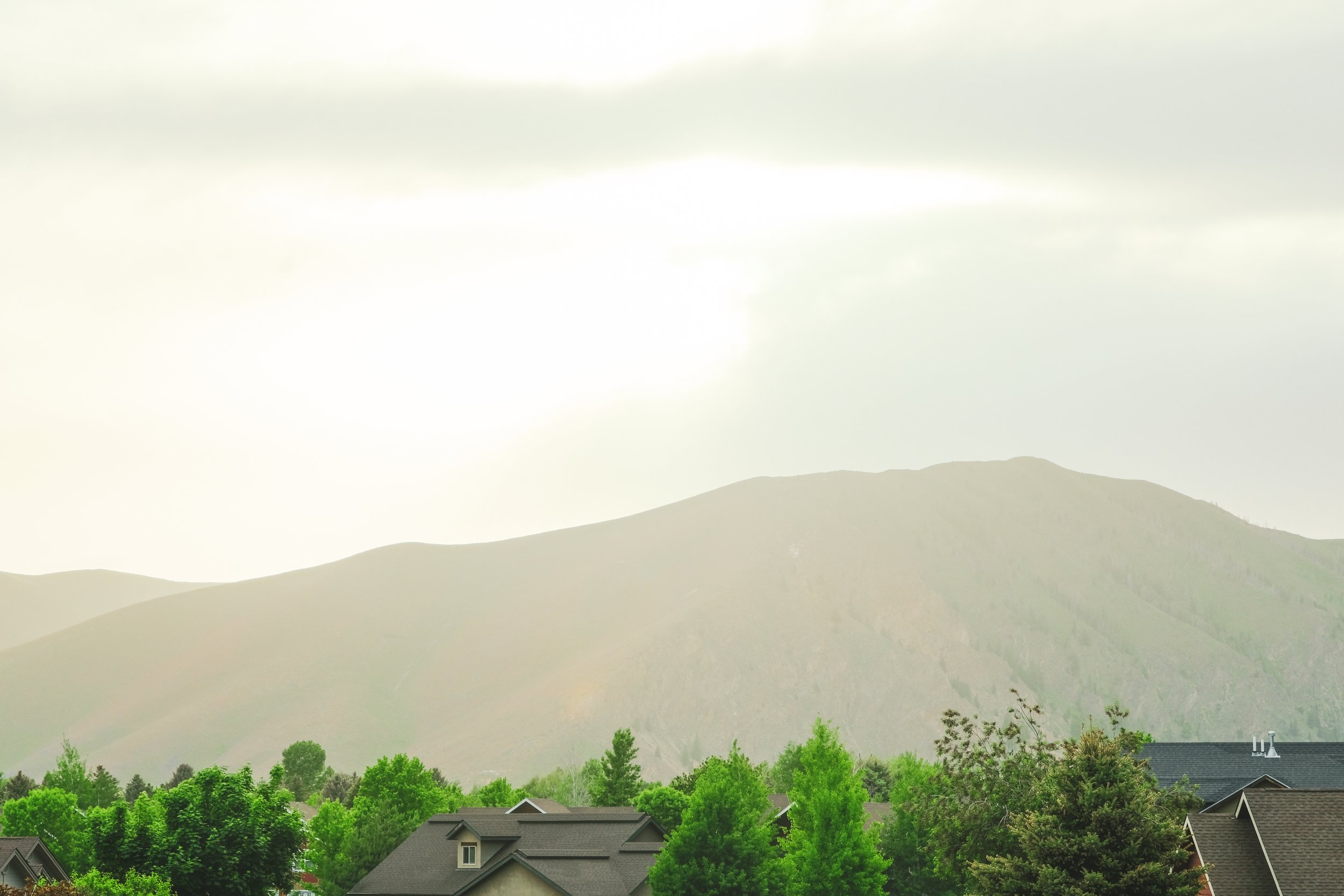
History
A brief history of the Valley’s LOT
The Local Option Tax, better known by its acronym, LOT, has been a foundation of the economy in Blaine County for nearly 50 years. Sometimes referred to as the “tourism tax,” it was originally approved by voters in Ketchum and Sun Valley in 1978. Hailey followed suit with an updated version of Idaho’s LOT option in starting in 2007 and Bellevue recently voted in its own in 2022.
While local option taxes have long been allowed in most states, it wasn’t until a group of Idahoans led by Ketchum’s Mayor, Jerry Seiffert, went to Boise to lobby for a local option tax. It took a couple years and a couple of failed attempts, but the Idaho legislature eventually passed a bill in 1978 allowing resort cities to tax lodging and alcohol at 2% so long as there is a 60% approval rate by voters. The votes passed easily in both Ketchum and Sun Valley and the tax was initiated.
A “resort city” was denoted as a city of 10,000 or less “that derives the major portion of its economic well-being from businesses catering to recreational needs and meeting needs of people traveling to that destination.”
In 1984, Mayor Seifert was joined by Sun Valley Mayor, Ruth Leider, and others from throughout the Gem State that went back to the State Capitol to ask that the taxable items be expanded. The “bed tax” on hotels and alcohol wasn’t enough to support the needs of resort communities. More funds were needed by these small communities to be able to handle and attract the visitors they needed to keep their local economies thriving. The State Legislature passed an update bill allowing resort communities to expand their sales tax items. Car rentals, food and beverages, and other retail items including construction materials, but excluding groceries and motor vehicles, were added to LOT collections locally.
A year later, the Idaho State Supreme Court upheld a challenge by Sun Valley Company and decided that LOTs were legal, so long as they had at least a 60% approval rate by local voters. In 2002, the Court also dismissed a case arguing against using LOT funds for contracted services by the Ketchum-Sun Valley Chamber of Commerce.
In 2012, an additional “1% for Air” Local Option Tax was passed in Sun Valley and Ketchum and then Hailey in 2013. The “1% for Air” captures LOT funds to assure air service contracts are fulfilled, including marketing.
Over 20 cities in Idaho now have LOTs, including other mountain resort communities like McCall, Sandpoint, Salmon and Driggs. While every jurisdiction spends and manages their LOT in different ways, the funds are meant to be used for things impacted by hosting visitors in the community, things like municipal transportation, land acquisition, parks and recreation, capital improvements, emergency services, property tax relief, city promotion, visitor information and special events.
Over a 10 year span, from 2013-2022, General LOT receipts in all three Blaine County towns rose steadily, at a collective rate of 104%. During that span, Ketchum collected $24.8 million, Sun Valley brought in $17.4 million and Hailey collected over $5 million. These funds help offset the costs of items many communities have to use property taxes for, public needs like snow removal, street maintenance, health and safety services, and special events. In 2020, Hailey voters chose to extend its LOT until 2050.
In May 2023 a ballot initiative was brought to voters in Ketchum, Hailey and Sun Valley to renew the 1% for Air LOT at its current rate, but to split its uses between fulfilling the contracts with air service providers at Freidman Memorial Airport and assistance with workforce housing. A vote in 2022 to increase the LOT in Ketchum fell short. Other resort communities like Driggs, Idaho, and Steamboat Springs, Colorado, use LOTs to support workforce housing.
LOTs have proven to be vital for the health of communities that derive the majority of their economic well being from meeting the needs of people traveling there.
